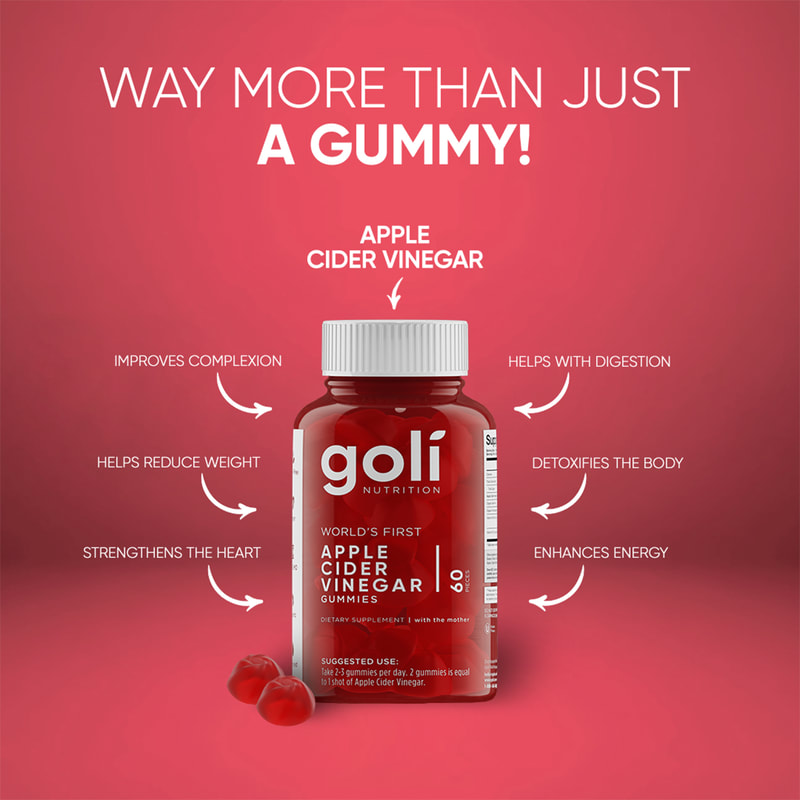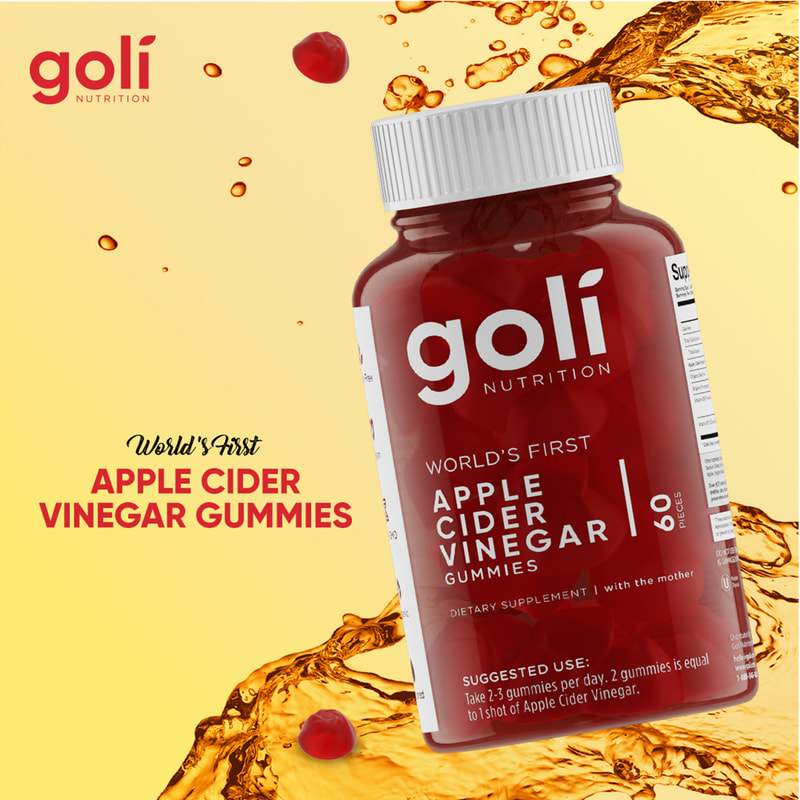Vitamin C (Ascorbic Acid) is a water-soluble vitamin, this means that your body doesn't store it. You have to get what you need from food, including citrus fruits, broccoli, and tomatoes.
In my practice, I will recommend my surgical, trauma and wound care patients to increase their daily dose of Vitamin C on a per case basis. You need vitamin C for the growth and repair of tissues in all parts of your body. It helps the body make collagen, an important protein used to make skin, cartilage, tendons, ligaments, and blood vessels. Vitamin C is needed for healing wounds, and for repairing and maintaining bones and teeth. It also helps the body absorb iron.
Vitamin C is an antioxidant, along with beta-carotene, Vitamin E and many other plant-based nutrients. Antioxidants block some of the damage caused by free radicals, substances that damage DNA. The build up of free radicals over time may contribute to the aging process and the development of health conditions such as cancer, heart disease, and arthritis.
Although it is rare to be significantly deficient in vitamin C, there are some people that tend to have lower levels, such as smokers. A severe form of vitamin C deficiency is known as scurvy. Some signs of vitamin C deficiency include dry and splitting hair; gingivitis and bleeding gums; dry, scaly skin; decreased wound-healing rate, easy bruising; nosebleeds; and a decreased ability to ward off infection.
Authors of one small study have concluded that "vitamin C supplementation represents an effective lifestyle strategy" for reducing the blood vessel constriction that is increased in overweight and obese adults. Vitamin C was shown to be just as effective as exercise. A study of 35 obese or overweight adults compared the effects of Vitamin C and exercise on the protein known as endothelin-1, which has a constricting action on small blood vessels. The protein's activity is raised in overweight and obese people and because of this high endothelin-1 activity, small vessels are more prone to constricting, becoming less responsive to blood flow demand and increasing the risk of vascular disease. The researchers explain that exercise has been shown to reduce endothelin-1 activity, but including it in a daily routine can be challenging.
Caitlin Dow, PhD, postdoctoral research fellow at the University of Colorado, Boulder, led the study to examine whether vitamin C supplements, which have been reported to improve vessel function, can also lower endothelin-1 activity. The researchers found that daily supplementation of Vitamin C at a time-release dose of 500mg daily, reduced endothelin-1 mediated vessel constriction as much as walking did.
The 35 sedentary, overweight/obese adults completed 3 months of either the supplementation or aerobic exercise training. Measures included forearm blood flow and responses to intra-arterial infusion of endothelin-1 before and after each intervention. Vasoconstriction to endothelin-1 increased similarly - about two-fold - in response to both interventions.
Many people already know that eating fresh vegetables and fruits may benefit heart health. Recently researchers pinpointed one specific benefit. A Danish study published in the American Journal of Clinical Nutrition in May 2015, demonstrated that high plasma Vitamin C, intake of fruit and vegetables, decreased the risk of ischemic heart disease. This study helps explain that a primary reason why people who eat lots of fruits and vegetables have a lower risk of heart disease and early death is because of their high vitamin C levels.
This study followed more than 100,000 people and found those with the highest intake of fruits and vegetables had a 15 percent lower risk of developing heart disease and a 20 percent lower risk of early death compared with those with the lowest intakes.
What about Vitamin C and the common cold? This is a much studied and talked about topic. The human studies published to date are conflicting. Additional controlled clinical trials are necessary to conclusively demonstrate that supplemental vitamin C enhances the function of the immune system in adequately nourished individuals.
Linus Pauling's work with large doses of vitamin C (greater than 1gm/day) was largely the reason why the public has assumed that vitamin C prevents the common cold. His original results were from a study performed on school children in a skiing camp which he then extrapolated to the general population. Over the last 40 years, several studies have examined the effect of vitamin C supplementation on the prevention and treatment of colds.
A recent review from the Department of Public Health, University of Helsinki, Helsinki, Finland found 53 placebo-controlled trials that evaluated the effect of vitamin C supplementation on the incidence, duration, or severity of the common cold when taken as a continuous daily supplement or as therapy upon onset of cold symptoms.
Regarding the incidence of colds, a distinction was observed between two groups of participants: regular supplementation with vitamin C (0.25 to 2 grams/day) did not reduce the incidence of colds in the general population; however, in participants undergoing heavy physical stress (e.g., marathon runners, skiers, or soldiers in subarctic conditions), vitamin C supplementation halved the incidence of colds. A benefit of regular vitamin C supplementation was also seen in the duration of colds, with a greater benefit in children than in adults: the pooled effect of vitamin C supplementation was a 14% reduction in cold duration in children and an 8% reduction in adults. Finally, no significant effect of vitamin C supplementation (1-8 grams/day) was observed in therapeutic trials in which vitamin C was administered after cold symptoms occurred.
This post only scratches the surface in terms of the benefits of Vitamin C. For more in-depth information please click on the links included within this post.
To conclude, there are currently several integrative physicians who are administering high dosages of IV Vitamin C to their patients. Other than the known complications of IV vitamin C in those with renal impairment or glucose 6 phosphate dehydrogenase deficiency, high dose intravenous vitamin C appears to be remarkably safe. High dosages of Vitamin C are used by alternative and complementary physicians to help treat diseases and conditions such as cancer, infections and fatigue.
Check out the recipes below to help add Vitamin C to your diet!
Foods High in Vitamin C:
- Bell peppers
- Dark leafy greens
- Kiwifruit
- Broccoli
- Citrus fruits
- Tomatoes
- Peas
- Papayas
My Favorite Way to Get Vitamin C Is In My Smoothies!
I use a smoothie delivery service called SmoothieBox. Like so many people, I don't have the time to shop for all the ingredients. This product is so convenient and includes organic plant based ingredients. SmoothieBox has made my life super easy and has saved me time and money.
What is SmoothieBox?
SmoothieBox offers 100% FREE SHIPPING as a smoothie delivery service right to your door. Their home delivered smoothies are made with thoughtfully-sourced ingredients and free from additives. The smoothie packs come in 4 different flavors clementine, berry, cacao and green. They are delivered to your door in a cooler of 20 frozen packs. Remove the packs and put in your freezer until you are ready to enjoy. When you want a smoothie empty the pack in your blender. Add your choice of milk, water, coconut water or yogurt and any additional ingredients you may like such as nut butter etc. Blend. Ready in 60 seconds! :)
Vitamin C Smoothie: Clementine Smoothie Pack From SmoothieBox
Clementine Smoothie Pack
TASTES LIKE: An orange creamsicle with a ginger boost
INGREDIENTS: Mandarins, Carrots, Pumpkin Seeds and Smoothie Chips. Sweet Potato Puree (100% Sweet Potato, no additives), Ginger, Coconut Water, Dates, Coconut Cream,Lemon Juice.
NUTRITION HIGHLIGHTS: Vitamin C, Vitamin A
BLEND WITH: Almond Milk, Water, Coconut Water or Yogurt
CLICK--> $15 OFF Your First SmoothieBox (Includes 20 smoothie packs) Use Code: DRSUZHEALS
Sauteed Brussel Sprouts (via Foodnetwork.com)
This recipe has 160% of the recommended daily value (60mg) of Vitamin C.
Ingredients
1 pound Brussels sprouts
4 thinly sliced shallots
4 tablespoons butter (Recommend Grass-Fed Butter)
Salt and pepper for Seasoning
2 tablespoons cider vinegar
1 tablespoon cane sugar
Preparation
Shred 1 pound Brussels sprouts in a food processor.
Saute 4 thinly sliced shallots in 2 tablespoons butter over medium heat, 3 minutes. Season with salt and pepper.
Add 2 tablespoons cider vinegar and 1 tablespoon sugar and cook, stirring, 2 minutes. Transfer to a plate and wipe out the skillet.
Add 1 tablespoon butter to the skillet and increase the heat to medium high. Add the Brussels sprouts, and salt and pepper to taste; cook 5 minutes. Add 1/2 cup water and 1 tablespoon of butter; cook 5 more minutes. Stir in the shallots.
Spiced Eggplant-Lentil Salad with Mango (Adapted via EatingWell.com)
Indian Inspired Vegetarian Salad. This recipe contains over 100% DV of Vitamin C as well as Vitamin A, Potassium, Magnesium, Folate and Iron.
Ingredients
4 tablespoons virgin organic coconut oil, divided (you may use peanut or olive oil if you do not have coconut)
2 1/2 teaspoons chili powder, divided
2 1/2 teaspoons curry powder, divided
2 medium eggplants (3/4 pound each), trimmed and cut into 1-inch cubes
1/3 cup lemon or lime juice, plus more if desired
1/4 cup prepared salsa
1/4 cup honey
1/4 teaspoon salt
1/4 teaspoon freshly ground pepper, plus more to taste
1 1/2 cups cooked lentils or one 15-ounce can, rinsed
2 bunches scallions, coarsely chopped (reserve 2 tablespoons for garnish)
4 cups torn Kale
2 large ripe organic mangoes, peeled and diced
1/4 cup coarsely chopped roasted peanuts or cashews
1/4 cup chopped fresh cilantro
Preparation
Preheat oven to 500°F.
Combine 1 tablespoon oil with 2 teaspoons each chili powder and curry powder in a large bowl. Add eggplant and toss well. Spread the eggplant on a large, rimmed baking sheet. Roast, stirring once halfway through, until tender, about 15 minutes.
Thoroughly combine the remaining 3 tablespoons oil, remaining 1/2 teaspoon each chili powder and curry powder, 1/3 cup lemon (or lime) juice, salsa, honey, salt and pepper in a large bowl. Add the roasted eggplant, lentils and scallions; gently toss to combine. Taste and season with more pepper and/or lemon (or lime) juice, if desired.
Serve the salad on a bed of kale, topped with mango, nuts, cilantro and the reserved 2 tablespoons scallions.
Tip: To cook lentils, combine 1/2 cup red or brown lentils in a medium saucepan with 1 1/2 cups water. Bring to a boil over medium-high heat; reduce heat so the lentils boil gently, cover and cook, stirring occasionally, until just tender, 12 to 18 minutes (red lentils cook more quickly than brown). Makes 1 1/2 cups.
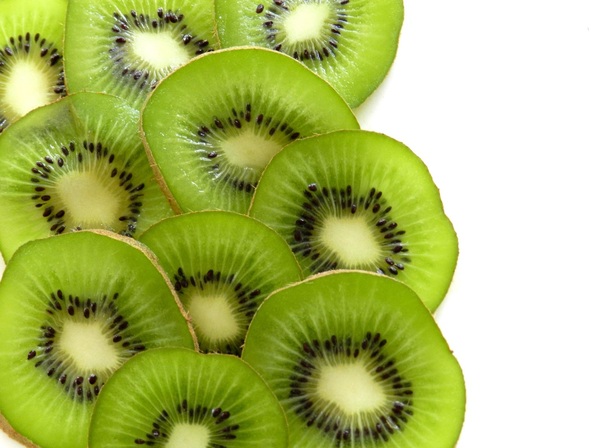


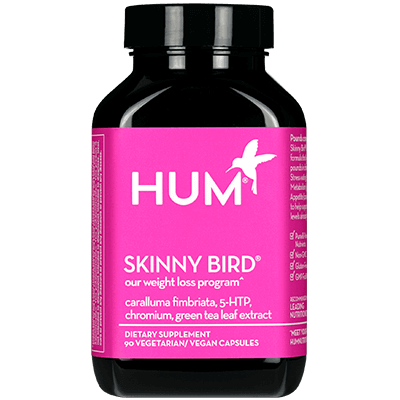
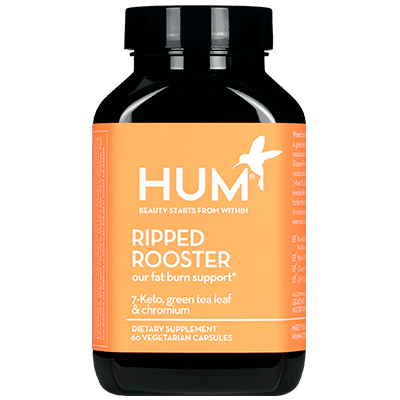
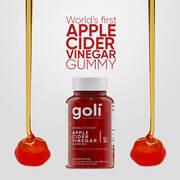
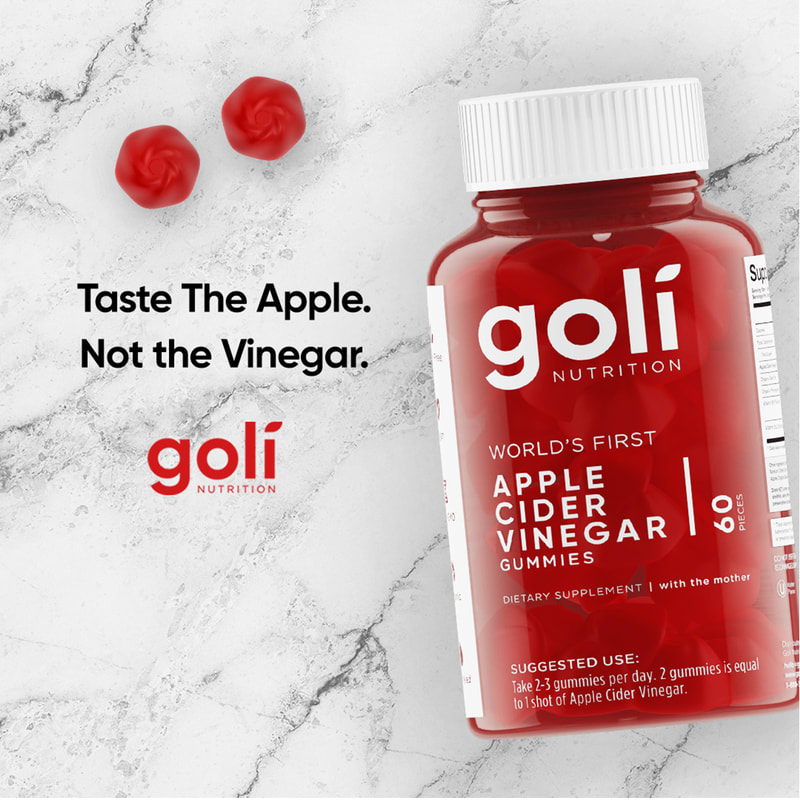




 RSS Feed
RSS Feed
